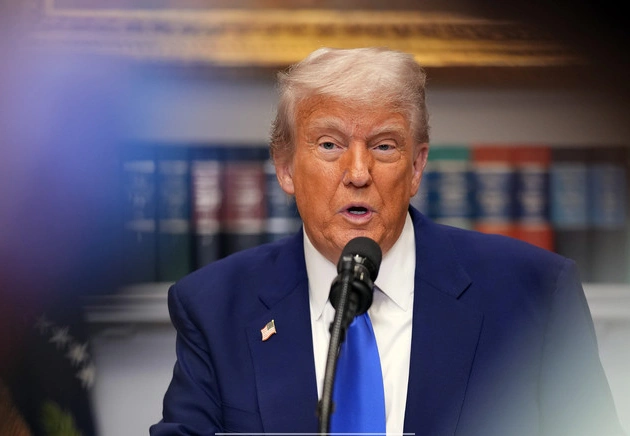
With the rollout of travel ban 2.0, President Donald Trump has embarked on a more calculated approach compared to the chaos that ensued with his initial restrictions on people from Muslim-majority countries back in 2017. This time, the response has been relatively subdued, and the legal reasoning behind the ban appears more methodical.
Learning from Past Mistakes
Acting DHS Secretary Chad Wolf noted the administration’s evolution in justifying the travel restrictions, highlighting a more robust methodology that addressed previous court concerns. This iterative process reflects Trump’s adaptation and expansion of policies from his first term.
Policy Expansion and Legal Strategy
During his first five months in office, Trump revisited several immigration proposals from his initial term, such as ending birthright citizenship and revoking Chinese student visas. His team also pursued an aggressive legal strategy to solidify the president’s authority over immigration and enact lasting policy changes.
Legal Challenges and Constitutional Concerns
While the new travel ban may appear better planned than its predecessor, critics argue its constitutionality remains questionable. Legal experts point to Trump’s history of bypassing due process and judicial decisions, which could influence future court evaluations.
Refined Approach and Strategic Implementation
In contrast to the rushed 2017 restrictions, Trump’s team meticulously crafted the latest travel ban over months. The proclamation outlined various considerations, including terrorist activity, visa security, and visa overstay rates, demonstrating a more nuanced policy implementation.
Anticipating Legal Battles and Political Responses
While the administration anticipates legal challenges to travel ban 2.0, supporters draw confidence from the Supreme Court’s previous rulings. The refined execution and preparation put the administration in a stronger position to defend the policy.
Future Implications and Contingency Planning
As the new travel ban takes effect, both proponents and critics brace for potential legal skirmishes. The administration’s strategic groundwork and prior judicial precedents may shape the outcome of future court battles.
Brakkton Booker and Kyle Cheney contributed to this report.











